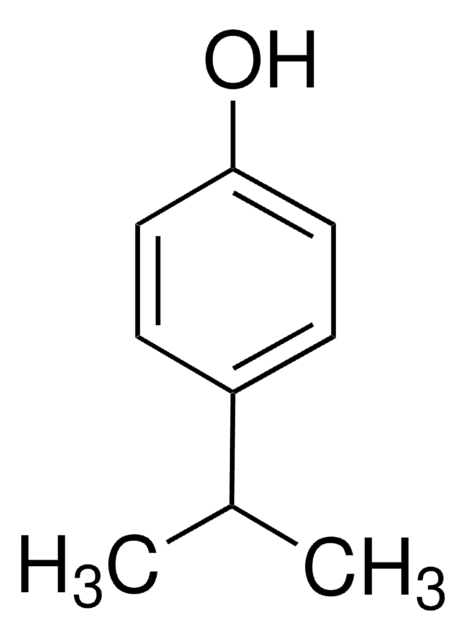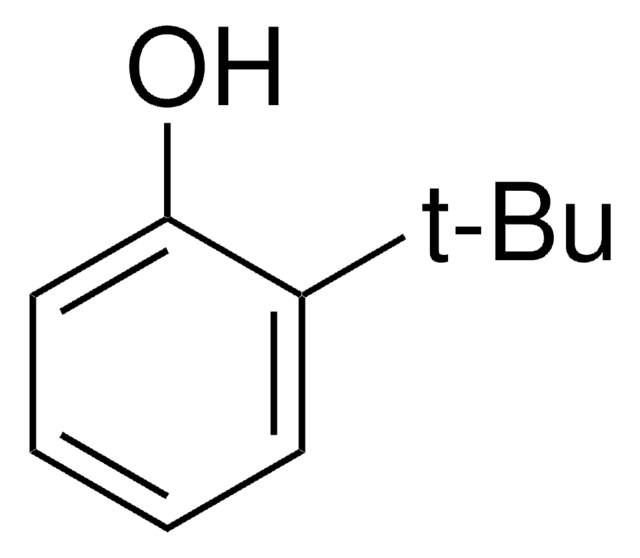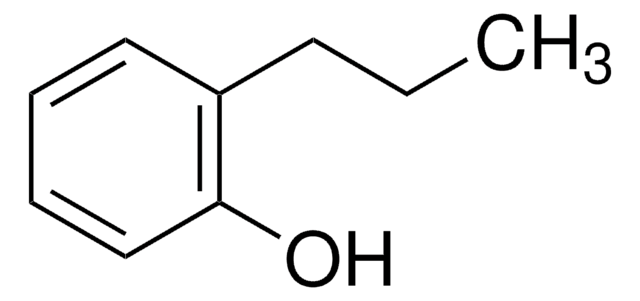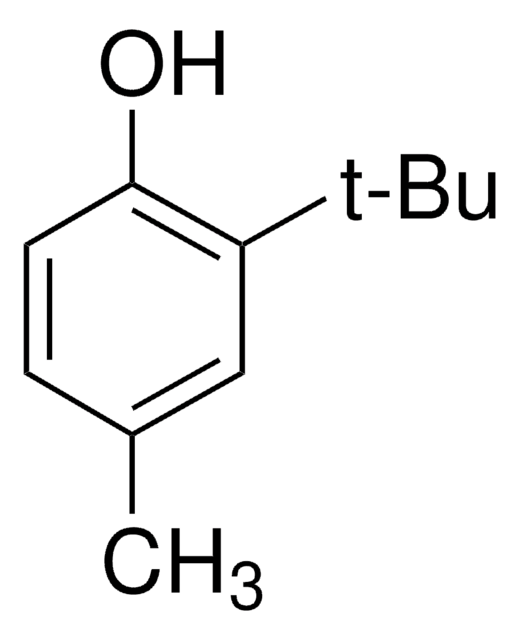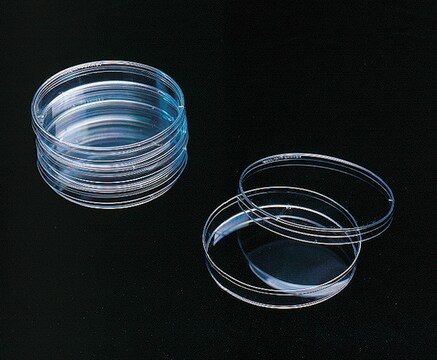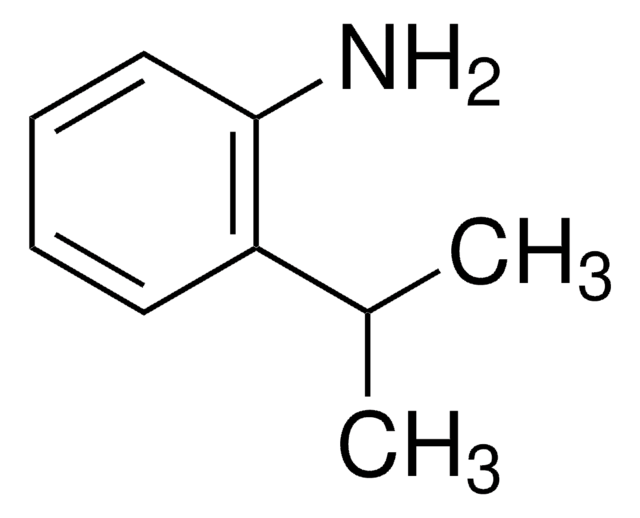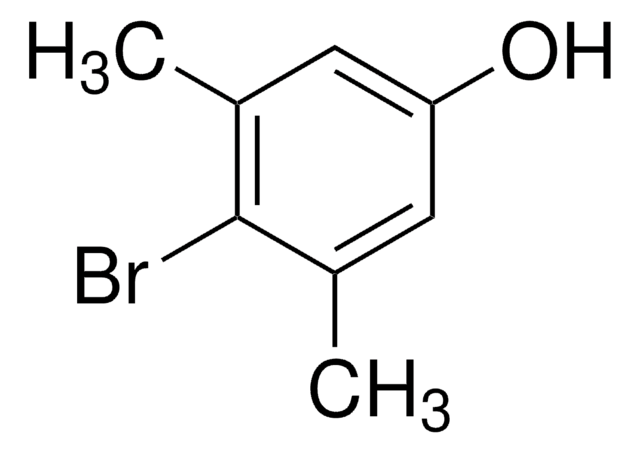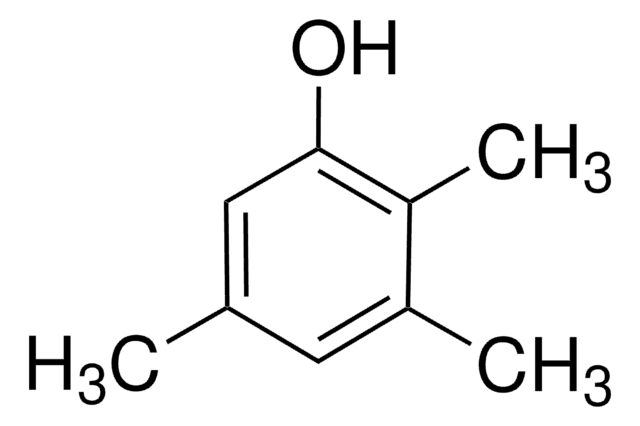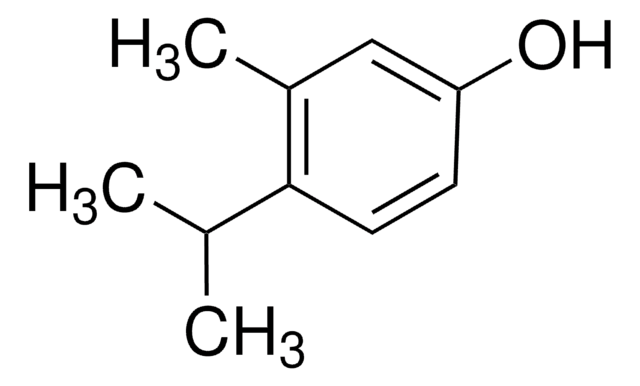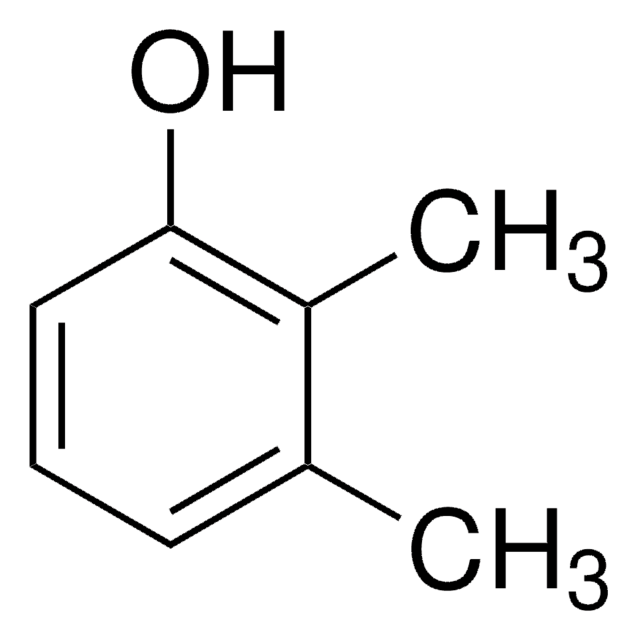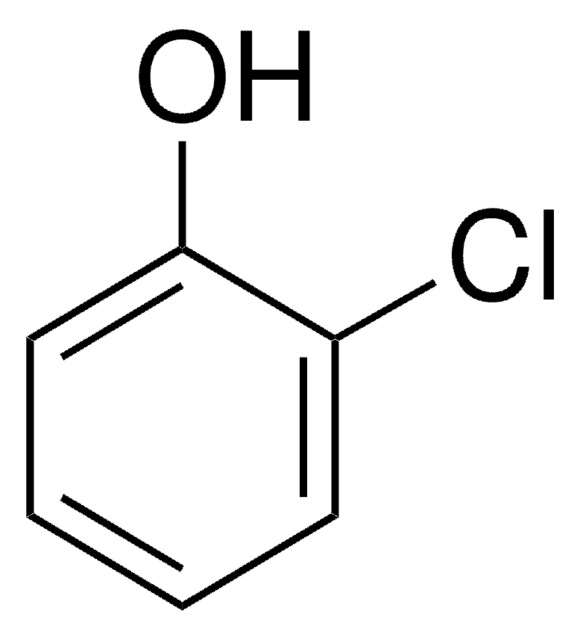129526
2-Isopropylphenol
98%
About This Item
Productos recomendados
presión de vapor
<0.05 mmHg ( 25 °C)
Nivel de calidad
Análisis
98%
índice de refracción
n20/D 1.526 (lit.)
bp
212-213 °C (lit.)
mp
12-16 °C (lit.)
densidad
1.012 g/mL at 25 °C (lit.)
cadena SMILES
CC(C)c1ccccc1O
InChI
1S/C9H12O/c1-7(2)8-5-3-4-6-9(8)10/h3-7,10H,1-2H3
Clave InChI
CRBJBYGJVIBWIY-UHFFFAOYSA-N
Información sobre el gen
human ... GABRA1(2554)
¿Está buscando productos similares? Visita Guía de comparación de productos
Categorías relacionadas
Descripción general
Aplicación
Palabra de señalización
Danger
Frases de peligro
Clasificaciones de peligro
Acute Tox. 4 Oral - Eye Dam. 1 - Skin Corr. 1B
Código de clase de almacenamiento
8A - Combustible corrosive hazardous materials
Clase de riesgo para el agua (WGK)
WGK 3
Punto de inflamabilidad (°F)
224.6 °F - closed cup
Punto de inflamabilidad (°C)
107 °C - closed cup
Equipo de protección personal
Faceshields, Gloves, Goggles, type ABEK (EN14387) respirator filter
Elija entre una de las versiones más recientes:
Certificados de análisis (COA)
¿No ve la versión correcta?
Si necesita una versión concreta, puede buscar un certificado específico por el número de lote.
¿Ya tiene este producto?
Encuentre la documentación para los productos que ha comprado recientemente en la Biblioteca de documentos.
Los clientes también vieron
Nuestro equipo de científicos tiene experiencia en todas las áreas de investigación: Ciencias de la vida, Ciencia de los materiales, Síntesis química, Cromatografía, Analítica y muchas otras.
Póngase en contacto con el Servicio técnico